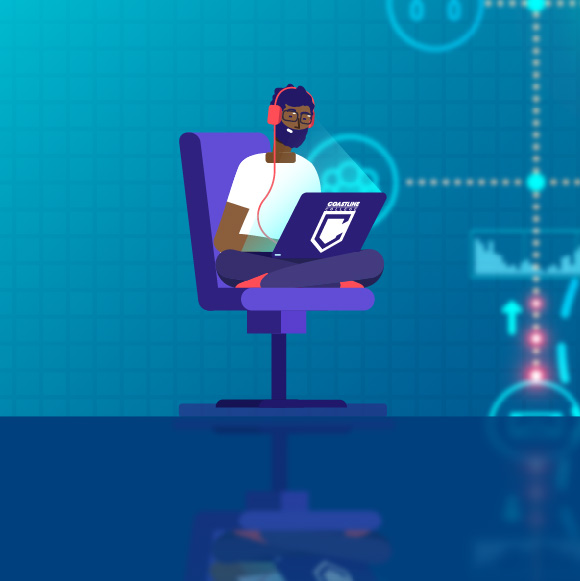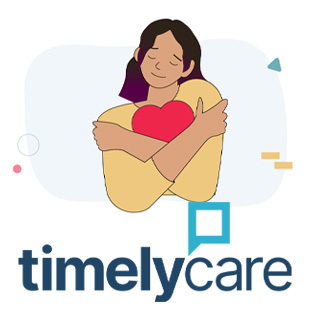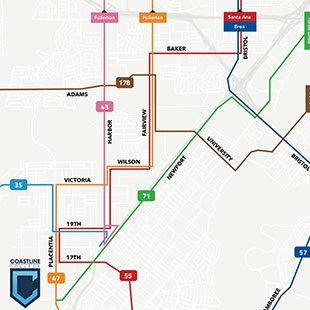Meeting the basic needs of our Coastline students so you can concentrate on your studies.
Basic Needs
Empowering your journey by meeting your basic needs—through food, housing, mental health support, hygiene essentials, academic supplies, transportation, and emergency aid—so you can focus on what matters most: achieving your goals and thriving at Coastline.
Coastline Basic Needs Program – Here for You!
Need assistance? Complete this form, and a team member will contact you shortly to provide support. Our top priority is making sure you have the resources you need for your well-being and success.
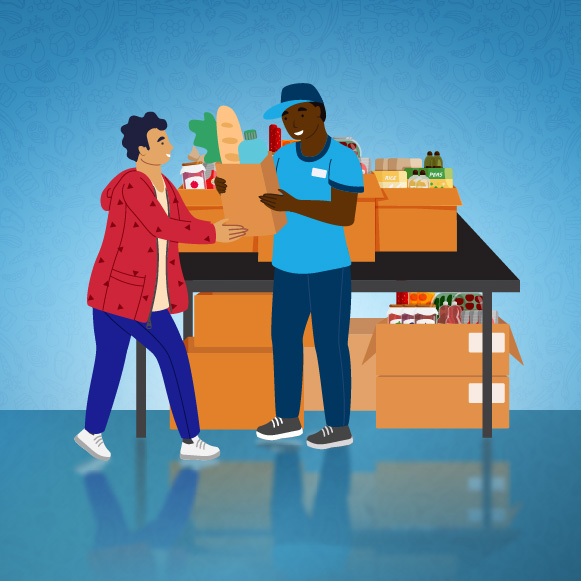
Food Assistance
Providing food assistance to all Coastline students through the Dolphin pantry, food box pickups, and CalFresh Assistance.
Resource Guide
Coastline is committed to providing you, our students, with tools and resources to help relieve stressors and support your success. This guide lists local services in Orange and Long Beach that we believe may be of help to you.
If you find you need other resources not listed in our Resource Guide, call 211 or visit 211.org. 211 is a hotline that connects people with a wide range of resources for emergency/disasters, housing, employment, health, reentry, and crisis. 211 is accessible 24/7/365. When you call, you will be assisted by a trained professional in your area; all calls are confidential. An alternative to 211 is FindHelp.org a searchable website (just input your zip code) for free or reduced cost services include medical care, food, housing, job training and more.
-
About Us
Mission
Coastline College places meeting the basic needs of our students as a top educational priority. We acknowledge that students are humans first and by placing them at the center of the processes we can support their mental and physical health, academic performance, work productivity, and holistic success. Continuing to learn, shift, and improve as students' needs change are all important to our approach.
-
Services
The structure of our services aims to remove the burden placed on students to navigate multiple systems, processes, and eligibilities. Our services include:
- Direct food access through our Dolphin food pantry
- CalFresh application assistance and referral
- Coaching, guidance, and referrals for housing
- Mental health support
- Student success school supplies and equipment
- Transportation resources
- Emergency funding
Meet the Team
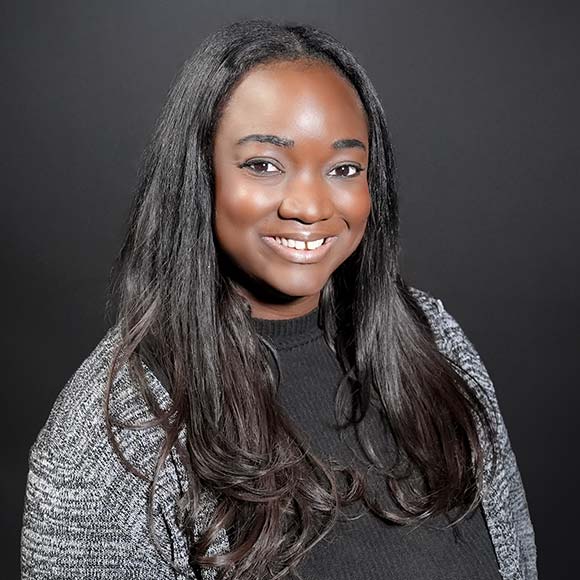
- Leighia Fleming, Ed.D. (she/her)
- Interim Dean of Students
- lfleming5@coastline.edu
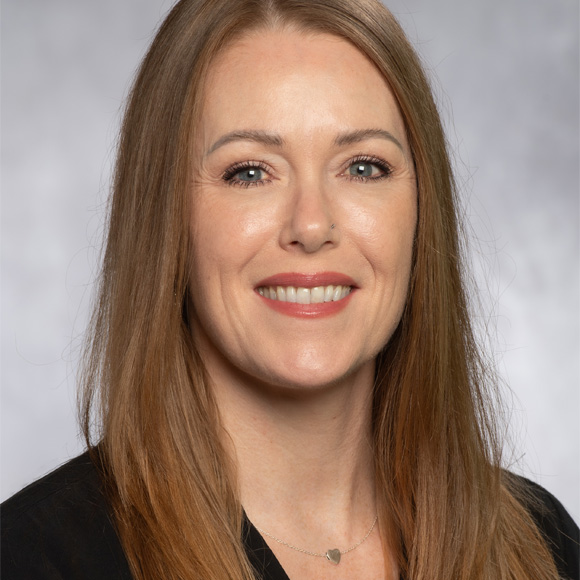
- Christina Oja, Ed.D.
- Acting Director Student Equity and Title IX
- coja@cccd.edu
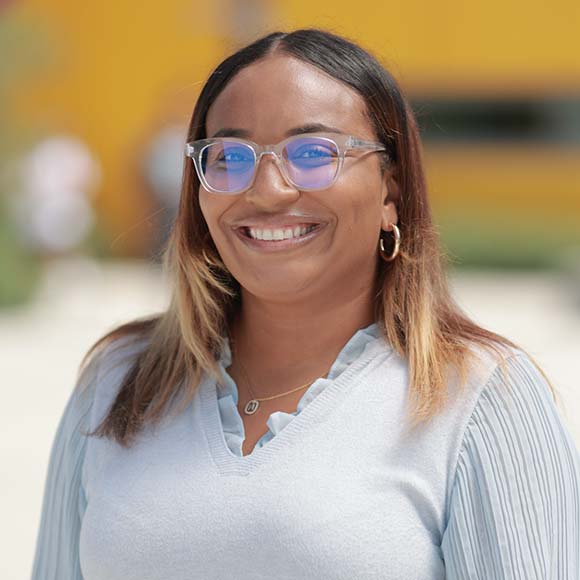
- Morgan Kirk
- Basic Needs Manager
- Mkirk11@cccd.edu
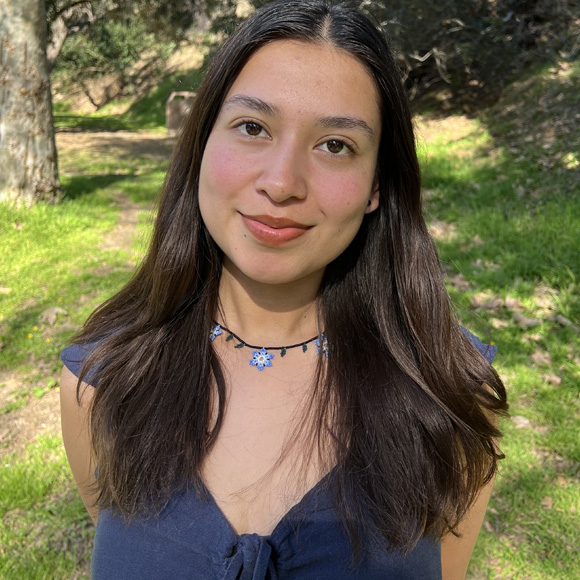
- Valeria Martinez
- Basic Needs Project Coordinator
- Vmartinez122@cccd.edu
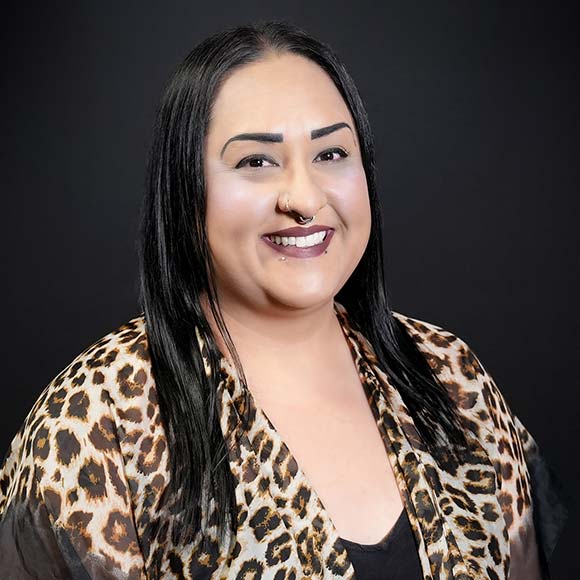
- Vanessa Ayala
- Student Equity Program Assistant
- vayala2@cccd.edu
Telehealth for Students
24/7 TimelyCare Virtual Clinic
Coastline College offers free 24/7 virtual health and wellbeing services through TimelyCare.
TimelyCare provides options to students seeking evening or weekend appointments, located out of state, needing bilingual therapy, and/or desiring providers that reflect the students' backgrounds, identities, and experiences.
Learn more at Health Services | TimelyCare.
Student Complaints
Coastline College extends to all students the right to file a complaint or grievance to be addressed. Coastline. The right to grieve may be initiated at any time when the student has a grievance against any college employee, policy, or procedure at Coastline College.
If you as a student have experienced, harassment, discrimination or would like to share any concerns, we ask that you do so.
Every effort will be made to preserve confidentiality as grievances are fairly and equitably considered. The procedures allow students to exhaust every administrative level possible to receiving a fair and complete hearing of their concerns in an effort to seek resolution.
Coastline Service Complaint Form
Bus Pass for Coastline Students
Ride the OC bus to school, work, shopping, and beach for free!
With unlimited rides on all OC Bus local fixed routes (additional fare applies for OC Express & Express Routes), it is easy and convenient to get to Coastline College. Ride with peace of mind knowing that you are contributing to a healthier and greener environment. Learn more about the Coastline Bus Pass.





